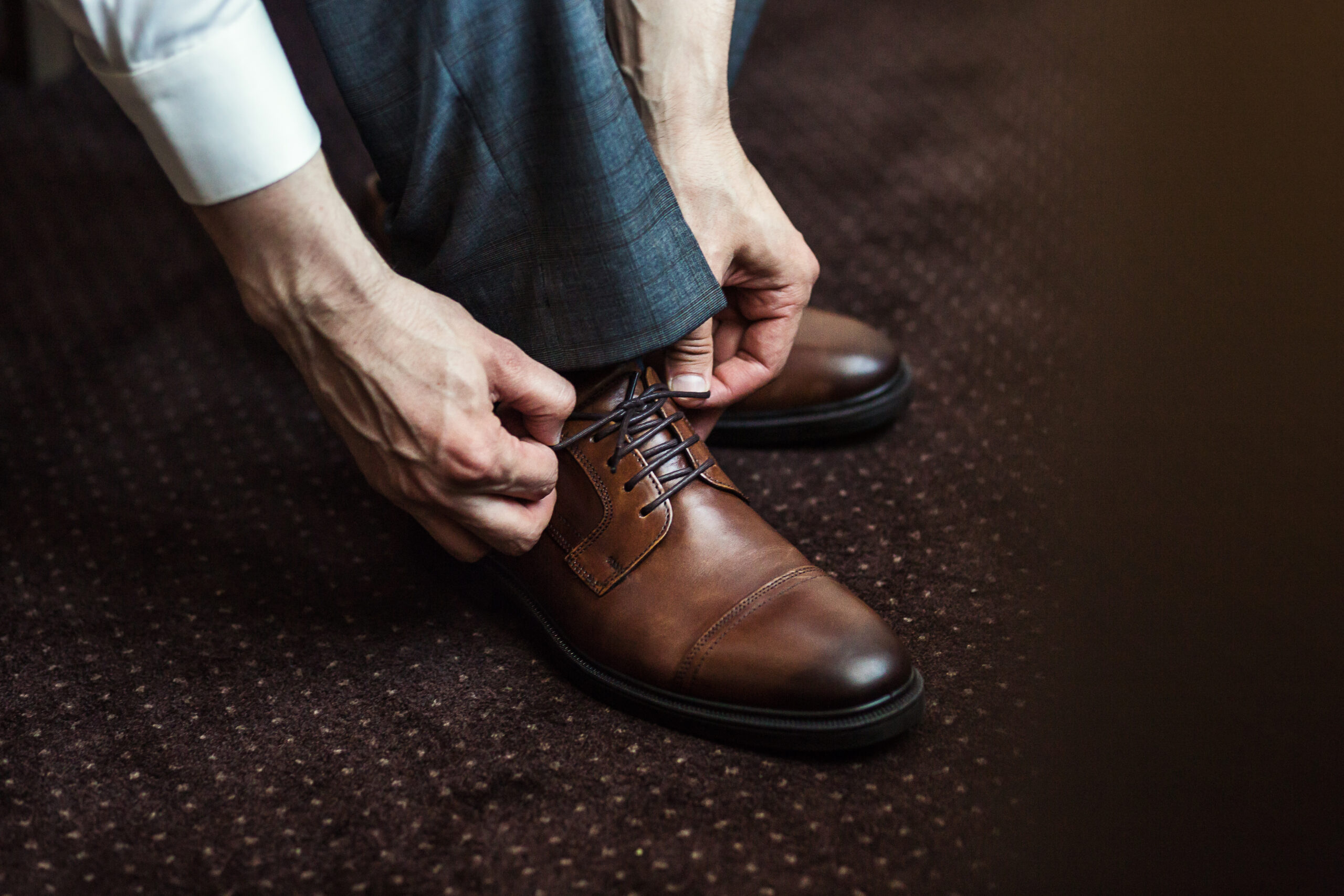Poems By G. C. WALDREP, ALLISON FUNK, and KEVIN O’CONNOR
Table of Contents:
- G.C. Waldrep, “Below the Shoals, Glendale”
- Allison Funk, “After Andrew Wyeth’s Snow Hill”
- Kevin O’Connor, “The Other Shoe”
Below the Shoals, Glendale
By G. C. Waldrep
I am listening to the slickened sound of the new
wind. It is a true thing. Or, it is true in its falseness.
It is the stuff against which matter’s music breaks.
Mural of the natural, a complicity epic.
The shoals, not quite distant enough to unhear—
Not at all like a war. Or, like a war, in passage,
a friction of consequence. Not indifference,
although it may be painted as such, the iron bridge
in every season, the eye’s succinct colonialisms.
But this is not about the eye; it’s about the wind:
its susurration. The majesty, the temptation
of that. How it pretends to know the ear’s margins.
How it breeds a coolness in the flesh.
All the harbors it disdains, its utter lack of query.
for David Baker
After Andrew Wyeth’s Snow Hill
By Allison Funk
John brings my mother flowers when he meets her
and makes a martini the way she likes,
with rocks on the side,
then one for himself.
Here’s to the woman we’ve both loved, he says,
as if my mother were really here
and not meeting my beloved in a seam
where I have stitched
before and after together.
Soon others will congregate,
though unlike Wyeth’s people who circle
a winter maypole on a hill near the Brandywine,
mine celebrate inside. Is it Christmas?
In the artist’s vision an evergreen crowns
the pole stanchioned in new snow,
and around it clasping ribbons are the Keuners,
with Karl uniformed as he was in the Great War
alongside other neighbors, Bill Loper, Helga,
Adam Johnson, and Allan Lynch, the boy
who found Wyeth’s father at the crossroad
where he was killed by a train.
A single ribbon no one has claimed
makes figure eights in the wind
as the living and dead join hands:
Wyeth’s friends and longtime models
everaftered in the tempera he’s made
by mixing pigments
with egg yolks and water.
What tempers us if not who we’ve loved?
My father, mother, sons. With them, my George,
gone four years, welcomes John into the room
I’ve dreamed, one with a picture window
I’m looking through. Beyond,
snow is falling in the quiet woods
of the childhood I miss. Soon, though,
going on, I will follow Wyeth to the hill
where he’ll weave his ribbon in and out
among the others until it’s all a blur.
Them, us, inseparable in the snow.
The Other Shoe
By Kevin O’Connor
After stumbling from my niece’s wedding
reception to my room, having seized
and over-celebrated the day,
I had a hard time untying my shoes
and finally passed out with one still on,
wondering later what you, some guest below,
felt about the second never landing—
the cliché that in more sober moments
seemed half a metaphor for this poem.
If I had played the Dionysian
god, oblivious to the human presence
beneath, awakened from a troubled sleep,
you must have hovered in a dreamless night
of silence after the initial thud,
waiting for the fall inevitable,
maybe imagining a huge uniped,
a god half dead, or a person like me,
half drowned in drink to quell a fear
of terminal sounds, signs you listened for,
wanted to read like an MRI Scan
or swerving electrocardiogram.
Even before you sensed the coming on—
shortness of breath or glitch of memory,
the strange flutter of heart while making love—
would you have lain awake the whole night,
waiting for the counterpart to tumble,
half in grief, half in welcoming relief,
as if Galileo’s law of falling
bodies had defied gravity and mass,
where shoes would fall at equal intervals
and speed, not knowing how long the first one took?
You imagine half-lives of chemicals, salmon running
upstream, the blinking time of eternity—
to no avail: even naming each disease,
onomatopoeia of tolling bells
proves useless as preemptive ritual.
In the blue light of approaching dawn,
you surely cursed my silent mystery
praying for the best way to resume rest.
If only you had known, or did not need
to know, what happened beyond your hearing,
the metaphor would have been complete.
G.C. Waldrep’s most recent books are feast gently (Tupelo, 2018), winner of the William Carlos Williams Award from the Poetry Society of America; The Earliest Witnesses (Tupelo/Carcanet, 2021); and The Opening Ritual (Tupelo, forthcoming 2024). Waldrep lives in Lewisburg, Pa., where he teaches at Bucknell University.
Allison Funk is the author of six books of poems, including, most recently, The Visible Woman. She has received a John Simon Guggenheim Memorial Foundation Fellowship, as well as awards from the National Endowment for the Arts, the Poetry Society of America, and the Poetry Foundation. Her poems have appeared in Poetry, Paris Review, Copper Nickel, Cincinnati Review,Image, Pleiades, Scientific American, The Best American Poetry, and elsewhere.
Kevin O’Connor is an editor of One on a Side: An Evening with Seamus Heaney and Robert Frost, and his poems and reviews have appeared in Notre Dame Review, The Harvard Review Online, James Joyce Quarterly and other publications. He is Faculty Emeritus at Phillips Academy in Andover, Massachusetts.




